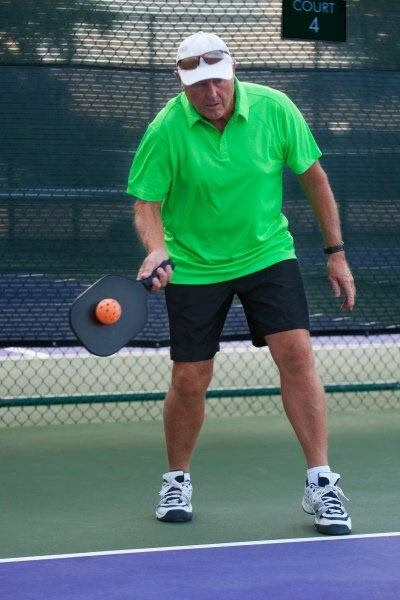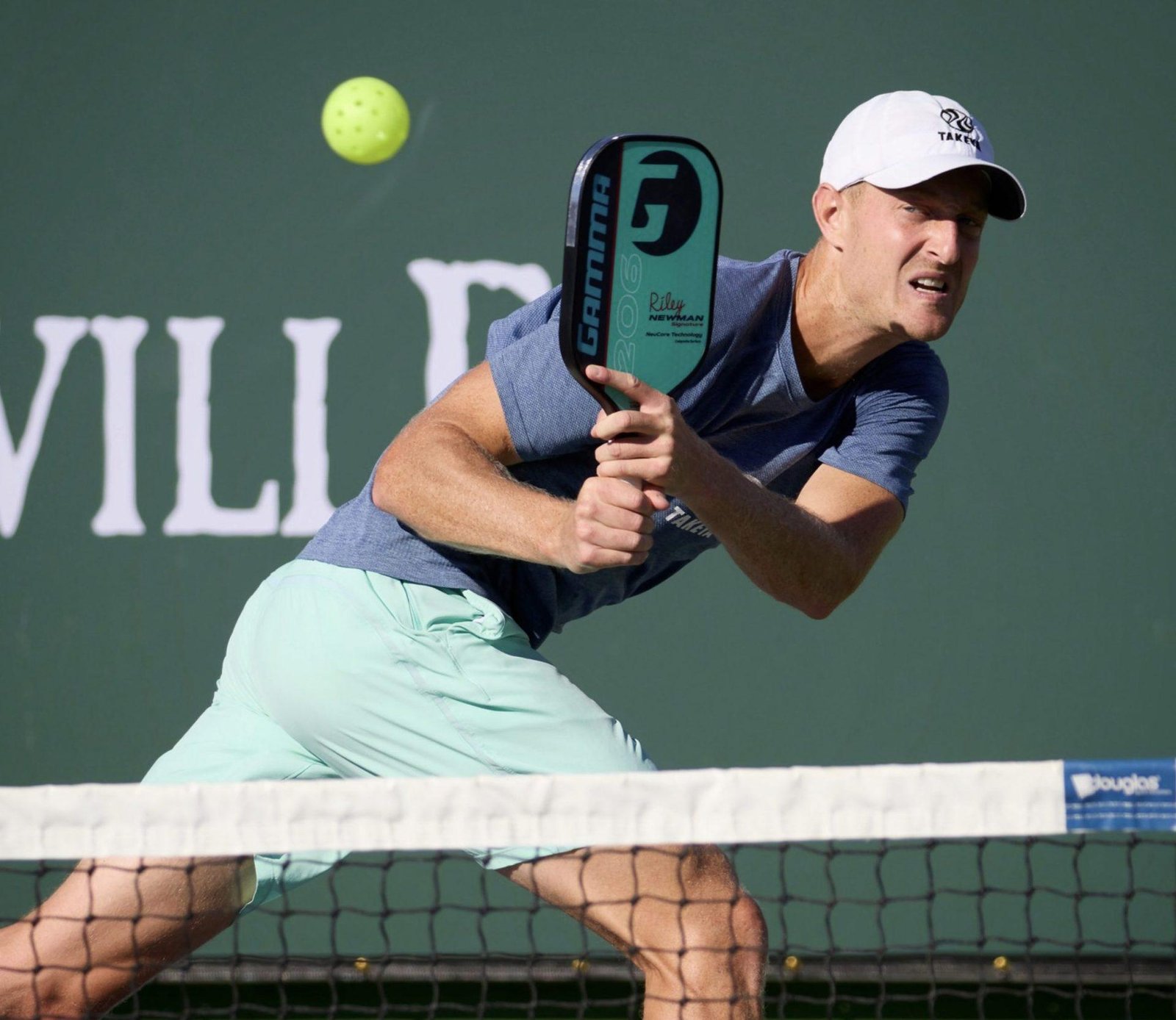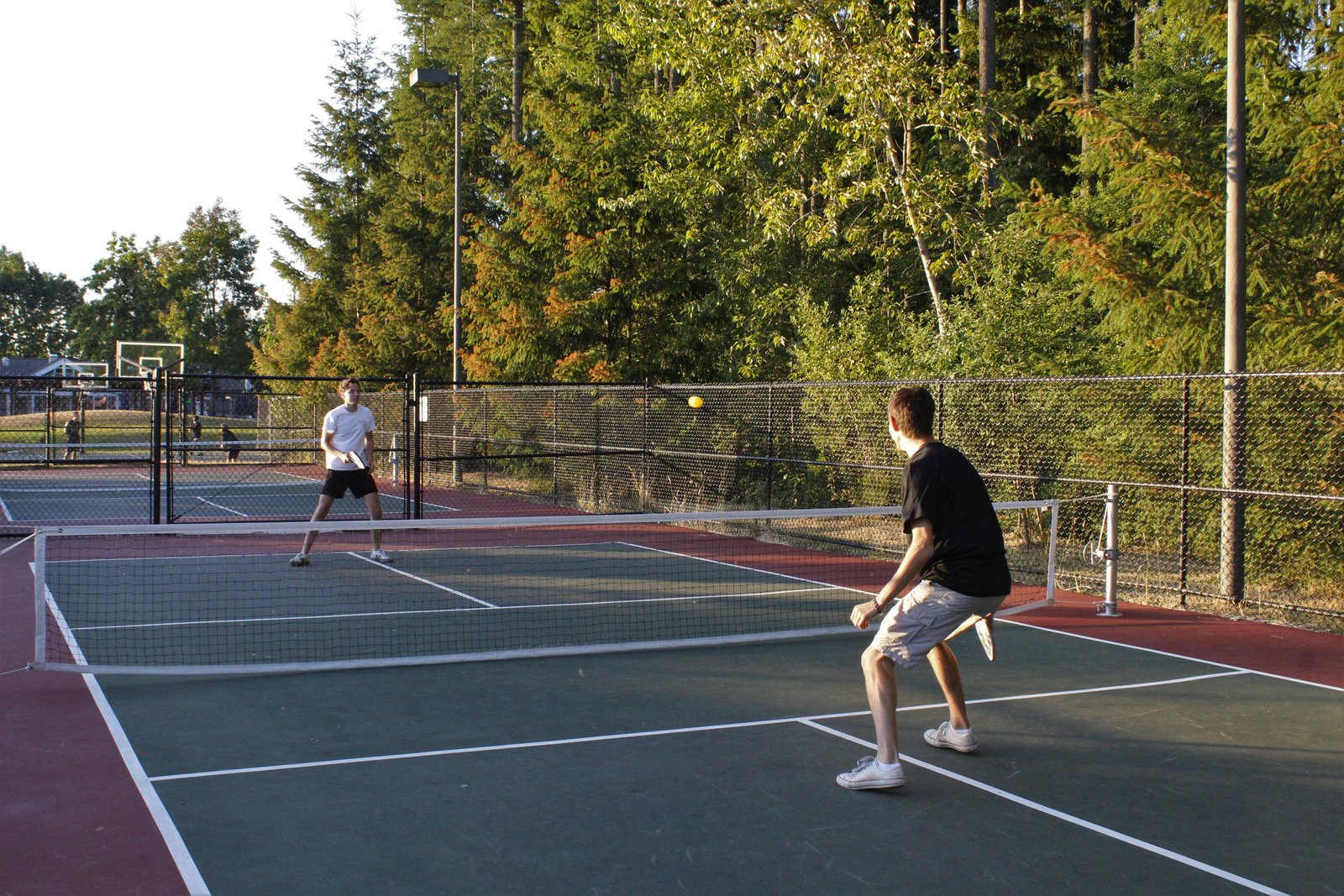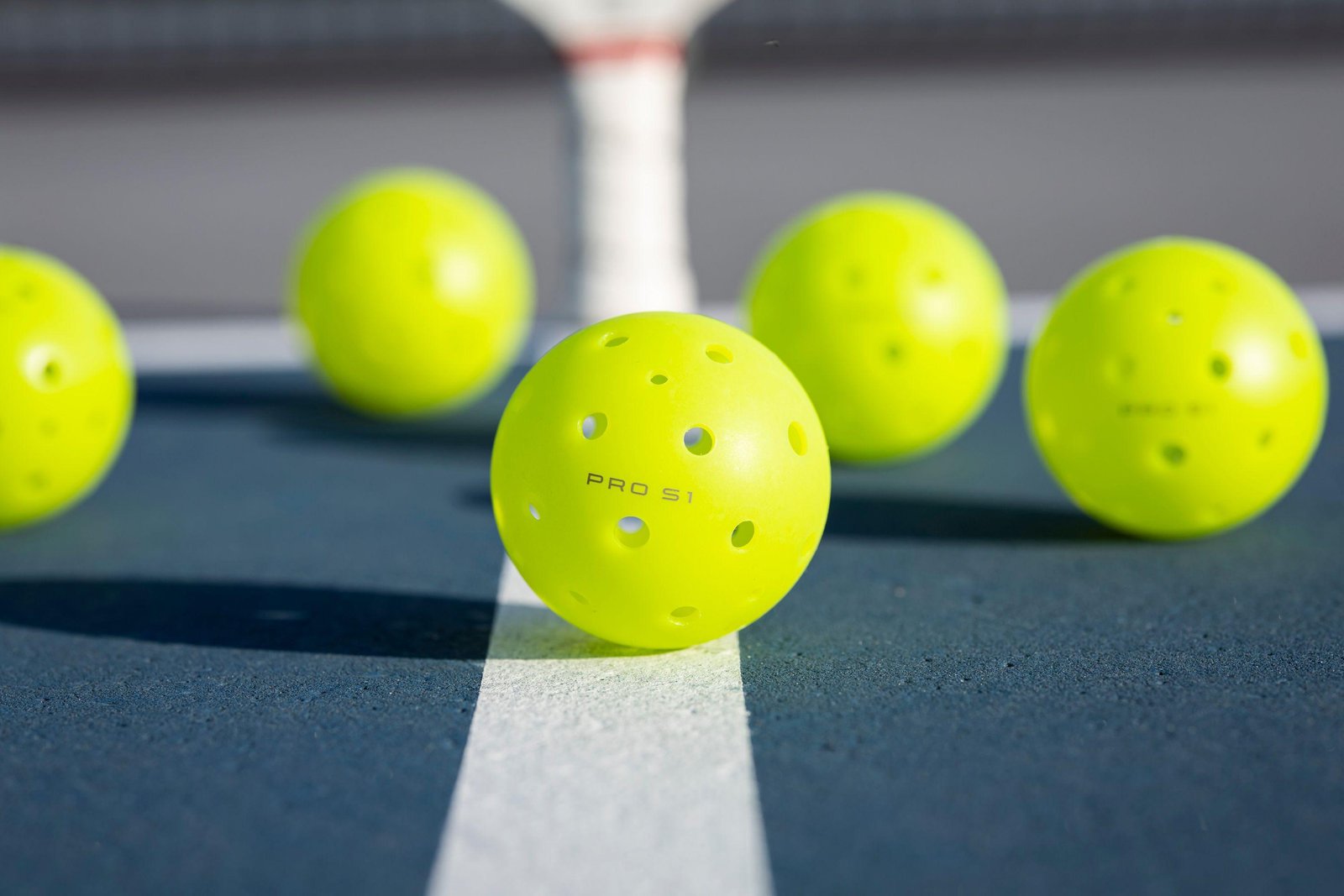Blog
where did pickleball get its name

In the vibrant world of sports, few games have surged to popularity quite like pickleball. Combining elements of tennis, badminton, and ping-pong, this unique racquet sport has captured the hearts of players young and old. But amidst the excitement of fast-paced rallies and strategic volleys lies a question that piques the curiosity of many: where did pickleball get its name? Delving into the history of this beloved game reveals a whimsical tale of inspiration and innovation that reflects the playful spirit of its creators. Join us as we explore the origins of the name “pickleball,” unraveling the story behind the sport that has become a staple in gyms and backyards across the nation.
Origins of the Name and Its Historical Significance
The name “pickleball” has intrigued many, with its origins tracing back to the summer of 1965, when the game was invented by three dads—Joel Pritchard, Bill Bell, and Barney McCallum—on Bainbridge Island, Washington. While the exact source of the name remains a topic of playful debate, one predominant story suggests that it derives from the Pritchard family’s dog, “Pickles,” who had a penchant for chasing after the ball when the game was being played. This whimsical anecdote captures the essence of the game, which is grounded in fun and family bonding, quite in line with its creators’ intentions.
However, another interpretation posits that the term “pickleball” refers to the word “pickle,” used in the context of a “pickle boat,” a term in rowing for the last boat to return to shore, often comprised of players from different teams. This connection emphasizes the sport’s blend of elements borrowed from tennis, badminton, and table tennis, creating a unique experience for players. The evolution of the name also reflects the game’s grassroots appeal and the camaraderie it fosters among its players. As pickleball continues to grow in popularity, the significance of its name serves as a reminder of its playful origins and the community spirit that it embodies.

The Role of Pickles in Popularizing the Sport
The delightful crunch of pickles has long been associated with picnics and outdoor activities, and it turns out that the tangy snack also plays a pivotal role in the sport of pickleball. While many believe that the name ‘pickleball’ directly stems from the beloved cucumber condiment, there’s a charming backstory that intertwines the two. In the summer of 1965, Joel Pritchard and his friends created the game while seeking an engaging activity for their children. As they improvised equipment and rules, they decided to name their new invention after Pritchard’s dog, Pickles. However, the lovable canine wasn’t the only influence; the game’s casual, fun-loving spirit mirrored the joyous bite of a crisp pickle. The name stuck, embracing both the lighthearted nature of the game and the playful culinary tradition.
Today, pickles have become emblematic of pickleball culture, often appearing at community tournaments and events. Players savoring snacks between matches frequently choose this classic condiment, bridging their culinary experiences with athletic pursuits. The zesty flavor enhances the social aspect of the game, creating an atmosphere of camaraderie and fun. This merging of sport and snack has further popularized pickleball, leading to vibrant pickle-themed merchandise and community festivities. Whether it’s through themed tournaments or social media hashtags, the connection is palpable, demonstrating how something as simple as a pickle can encapsulate the spirit of the game and its growing popularity.

Connecting the Dots: From Family Tradition to National Phenomenon
The origins of pickleball are steeped in stories that intertwine family tradition with broader cultural movements. Introduced in 1965 on Bainbridge Island in Washington, the game was a creative solution designed to entertain children during the summer months. By combining elements from tennis, badminton, and table tennis, the Andrews family—comprising Joel Pritchard, Bill Bell, and Barney McCallum—set the stage for what would become a beloved sport. As word spread, families began to adopt this new pastime, sparking a trend that would resonate far beyond its humble beginnings.
As the game gained popularity, the name “pickleball” emerged, capturing the whimsical spirit of its creators. According to one version of the story, it was named after the Pritchard family’s dog, Pickles, who was known for chasing stray balls during their matches. Another explanation points to the term “pickle boat,” referencing the last team to arrive at a race, akin to how the sport merged various games into one. Whatever the origin of the name may be, pickleball has morphed from a backyard family game into a national sensation, drawing players of all ages and backgrounds to its vibrant courts. Today, its community embodies the blend of fun, competition, and a shared love for the game.

Recommendations for Exploring Pickleballs Cultural Impact
To truly grasp the essence of how pickleball has shaped its cultural footprint, it is essential to consider its various dimensions. Here are a few avenues to explore:
- Community Engagement: Investigate how local pickleball clubs foster community spirit and inclusivity.
- Intergenerational Connection: Examine how the sport bridges age differences, bringing together players from different generations.
- Health & Wellness: Look into research showcasing the physical and mental benefits of pickleball, promoting overall well-being.
- Media Representation: Analyze how pickleball has been portrayed in media, including TV shows, documentaries, and online platforms.
Furthermore, a comparison of pickleball’s popularity across demographics can highlight its cultural significance. The table below presents the growing participation in pickleball among various age groups:
| Age Group | Estimated Participants |
|---|---|
| 18-30 | 500,000+ |
| 31-50 | 1,000,000+ |
| 51+ | 1,500,000+ |
Q&A
Q&A: The Origins of the Name ‘Pickleball’
Q: What is pickleball, and how did it come to be?
A: Pickleball is a paddle sport that combines elements of tennis, badminton, and table tennis. It was invented in 1965 on Bainbridge Island, Washington, by three fathers—Joel Pritchard, Bill Bell, and Barney McCallum—who were trying to entertain their children. They created a game that used a plastic ball and composite paddles, and it caught on quickly among family and friends.
Q: So, how did it get its unique name, ‘pickleball’?
A: The name ’pickleball’ has an intriguingly whimsical origin connected to the sport’s creators. According to one prevailing story, the name comes from Joel Pritchard’s dog, Pickles, who loved to chase after the stray balls whenever a game was in session. The playful antics of the dog reportedly inspired the fun name.
Q: Are there any other theories about the name’s origin?
A: Yes! Another theory suggests that the name comes from a term used in rowing called “pickle boat,” which refers to the last boat to return from a regatta, often manned by leftover oarsmen. This interpretation emphasizes the game’s blend of different sports and its somewhat eclectic beginnings.
Q: Which origin story is the most widely accepted?
A: While both stories are popular, the dog-centric tale is the one most frequently shared by the inventors’ families. In interviews, they have often alluded to Pickles the dog as the source of inspiration for the name, adding charm to the history of pickleball.
Q: Has the name ‘pickleball’ contributed to the sport’s popularity?
A: Absolutely! The name’s quirky and fun vibe likely helps draw people in, making it memorable and approachable. This playful connotation aligns well with the game’s light-hearted nature, making it a hit among all ages.
Q: Will there ever be a consensus on the name’s origin?
A: Probably not! The dual narratives offer a sense of character and whimsy to the sport’s identity. Much like the game itself, the stories behind its name reflect collaboration, fun, and a sense of community that are central to pickleball culture.
Q: What’s one takeaway from the pickleball naming story?
A: The name ‘pickleball’ embodies the spirit of creativity and spontaneity that defined its inception. Whether it’s a playful pup or a crew of mismatched rowers, the essence of the sport is rooted in fun, making it all the more inviting for new players.
Key Takeaways
As we wrap up our exploration of the origins of the name “pickleball,” it’s clear that this beloved sport has more layers than meets the eye. Whether it stems from a quirky dog named Pickles or the playful spirit of a crew of friends inventing a game, the story behind the term adds an extra dash of charm to the game itself. As pickleball continues to grow and evolve, capturing the hearts of players across generations and borders, it’s these tales of origin that weave the fabric of its community. So next time you find yourself on the court, wielding your paddle and chasing after that wiffle ball, remember the playful history behind the name and enjoy every moment of the game—after all, it’s not just about the points scored; it’s about the fun and camaraderie that pickleball inspires. Keep playing, keep laughing, and let the legacy of pickleball live on!












